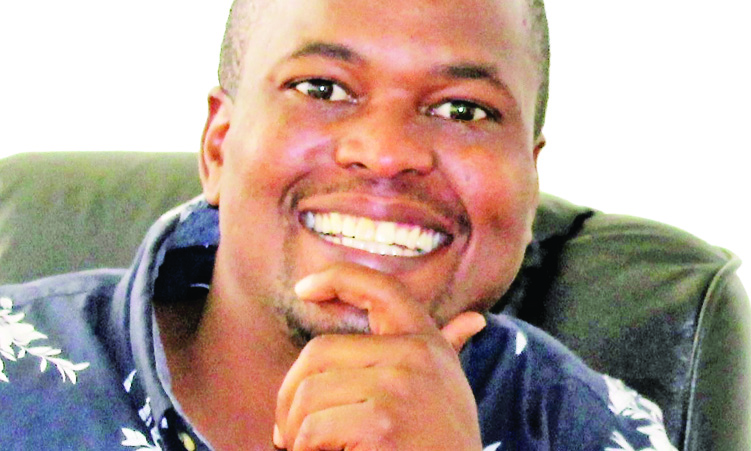Doctors and nurses possess a degree of social currency within their communities which is not limited to health matters.
They are regarded as thought leaders on matters of public interest such as the deteriorating quality of healthcare at institutions such as state hospitals, primary healthcare centres and clinics.
In the High Court of Namibia last month, judge Beatrix de Jager found retired nurse Mathilde Kadhikwa liable for defaming medical supplies middleman Shapwa Kanyama and his wife, Beata Kanyama.
The ruling not only sets a precedent in terms of what constitutes freedom of speech and fair comment in Namibia but undermines the ability of nurses and doctors to advocate for the rights of patients when it comes to accessing quality and affordable healthcare.
At times, Namibian public health facilities have run out of supplies. It is also not unknown for patients to have to take their own bedding and food when accessing healthcare facilities.
But these truths, among others, expressed by Kadhikwa in a WhatsApp voice note appear not to have been considered when the judge decided to award Kamanya and his wife N$80 000 and N$50 000, respectively, plus legal costs, for “defamatory” statements Kadhikwa made three years ago concerning those who benefit financially from our health system.
HEALTH AND HUMAN RIGHTS
In a course in October titled ‘Health and Human Rights’, the United Nations special rapporteur on the right to health, Dr Tlaleng Mofokeng, outlined the need to manage resources as one of the fundamental principles of medicine (healthcare).
The World Health Organisation Constitution of 1946 envisages the highest attainable standard of health as a fundamental right of every human being.
Mofokeng says nurses have a special responsibility towards social justice: “Nurses are at all times expected to act fairly and equitably where there is competition of interest among parties, groups and individuals therefore nurses should pursue justice and advocate on behalf of vulnerable and disadvantaged healthcare users and should be able to justify their decisions and actions.”
Mofokeng further says that healthcare workers should embody the principles of altruism and “are expected at all times to show concern for the welfare and wellbeing of healthcare users”.
When Kadhikwa spoke up about the resources needed in healthcare, she was advocating for the rights of patients to be able to access healthcare.
THE FRONTLINE
The judge found Khadikwa defamed the Kanyamas because she criticised their wedding in a WhatsApp audio clip.
Referencing the state of Namibia’s health services, Kadhikwa said “the ministry ought to be directly procuring medicine directly from suppliers instead of making use of middlemen”.
Her remarks, although not directly mentioning the Kanyamas, could have been construed by a knowledgeable person as referring to them, the judge found.
A summary of the judgement reads, “Even though the first plaintiff’s name was not mentioned in the publication, the plaintiffs allege the publication is defamatory of and concerning him because of certain facts mentioned therein whereby he was identifiable by the knowledgeable.
“It is alleged that the publication is defamatory per se and by implication that the first plaintiff [Shapwa Kanyama] is a dishonest and corrupt businessman who commits criminal in addition to embezzling public funds to his benefit,” it said.
PUBLIC INTEREST
Many Namibians would agree that Kadhikwa’s comments were in the public interest and her call for accountability in the public health space.
As it is, healthcare in Namibia is not guaranteed for everyone and the system is failing many of its patients.
Healthcare is a matter of national interest; it is a basic human right and not a luxury.
Healthcare workers play a pivotal role as human rights defenders when advocating for better healthcare which benefits society as a whole.
In this respect, doctors and nurses continue to hold social currency and respect within their communities.
The justice system should work for the benefit of the public.
Kadhikwa spoke truth to power and chose to be a voice for the voiceless.
– Vitalio Angula is a socio-political commentator and independent columnist.








![I would do it again: Janusz Waluś on killing Chris Hani and Derby-Lewis alleged meeting with Zuma [VIDEO]](https://i0.wp.com/media.citizen.co.za/wp-content/uploads/2025/01/Janusz-Walus.jpg?w=1200&resize=1200,0)
